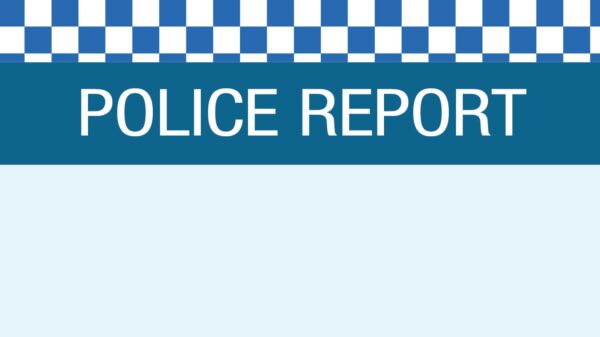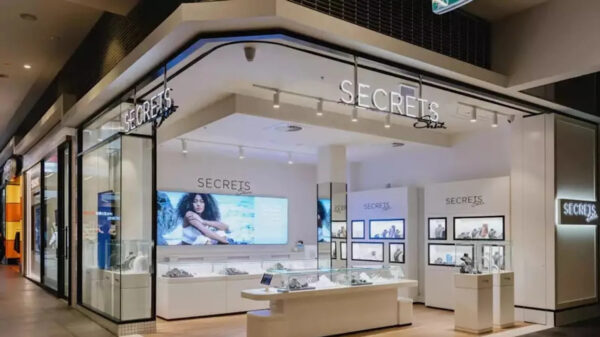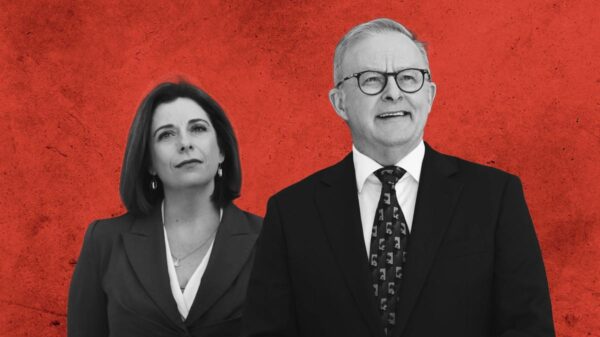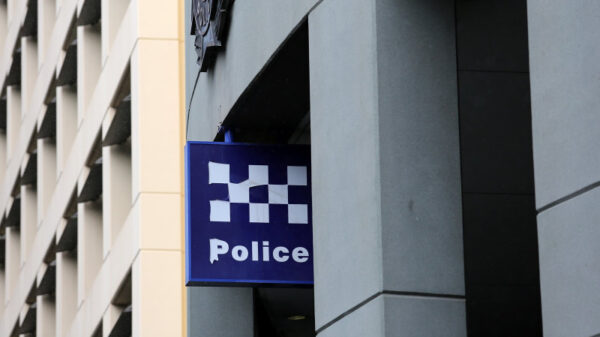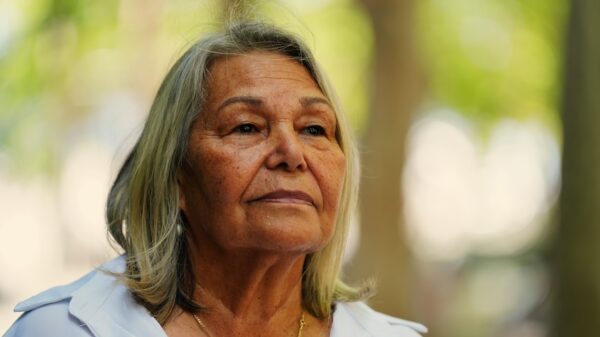The allegations against Prince Andrew, detailed in Virginia Giuffre’s book, Nobody’s Girl, alongside reports of his continued association with Jeffrey Epstein post-conviction, pose a significant challenge for the royal family. Giuffre, who tragically died by suicide earlier this year, accused Andrew of sexually assaulting her on three occasions when she was just 17. The prince has consistently denied these allegations. In response, King Charles has taken decisive action, stripping his brother of his royal titles and other noble honors traditionally granted to the monarch’s children.
This decision to remove royal titles from Andrew marks a notable chapter in the royal family’s ongoing efforts to maintain its image. The monarchy has historically dealt with scandals by minimizing public exposure of problematic members. The example of Prince John, the son of George V, illustrates this approach. When John was diagnosed with epilepsy, he was effectively hidden from public view and family interactions, passing away at the tender age of 14.
The royal family’s history includes several other notable scandals, such as the abdication of Edward VIII due to his desire to marry Wallis Simpson and the public disapproval surrounding Princess Margaret‘s relationship with Peter Townsend. In more recent times, Prince Harry‘s departure from royal duties following his marriage to Meghan Markle has further complicated the monarchy’s public perception.
While Edward faced resistance to marrying a divorced woman, Charles’s path was markedly different. He divorced Diana, the mother of his children, while heir to the throne and later married his long-time companion, Camilla. Over time, Camilla transitioned from being viewed as “the other woman” to her current status as a respected queen.
The allegations surrounding Andrew starkly contrast with past royal issues, marking a serious breach of conduct that many view as not only damaging to his reputation but also potentially criminal. Although he reached a substantial settlement with Giuffre, reportedly around $12 million, he maintains his innocence.
As the eighth in line to the throne, Andrew’s removal from the royal fold poses questions regarding his future role within the family. King Charles appears to have decided that Andrew will no longer represent the royal family in any official capacity, a fate not shared by his siblings, Princess Anne and Prince Edward. Unlike the Duke of Windsor, who was sent away during the Second World War, Andrew seems destined to remain at Windsor Castle, distanced from family gatherings and public events.
The financial implications of maintaining Andrew and his former wife, the Duchess of York, who reside in a lavish lodge, have sparked discussions among the British public. While some citizens express concern about taxpayer funding for non-working royals, the broader sentiment appears to support the monarchy’s continuation. Despite the controversies surrounding Andrew, public interest in maintaining a constitutional monarchy remains strong, particularly as the popularity of figures like William and Kate continues to rise.
The royal family’s ability to navigate scandals has been tested repeatedly, yet there seems to be little immediate threat to its stability. As evidenced by Donald Trump‘s recent visit to the UK, where he was warmly received by Charles, the monarchy’s role as a unifying institution remains intact.
In light of these developments, the royal family is likely to endure this latest challenge, maintaining their position in British society. For those affected by the issues surrounding Prince Andrew, support is available. In Australia, individuals can reach out to Lifeline at 13 11 14 for confidential assistance.
Dennis Altman, author of God Save the Queen: the Strange Persistence of Monarchies, provides further insight into the complexities of royal life and public perception. His analysis underscores the enduring nature of monarchies, even in the face of profound personal and public controversies.


